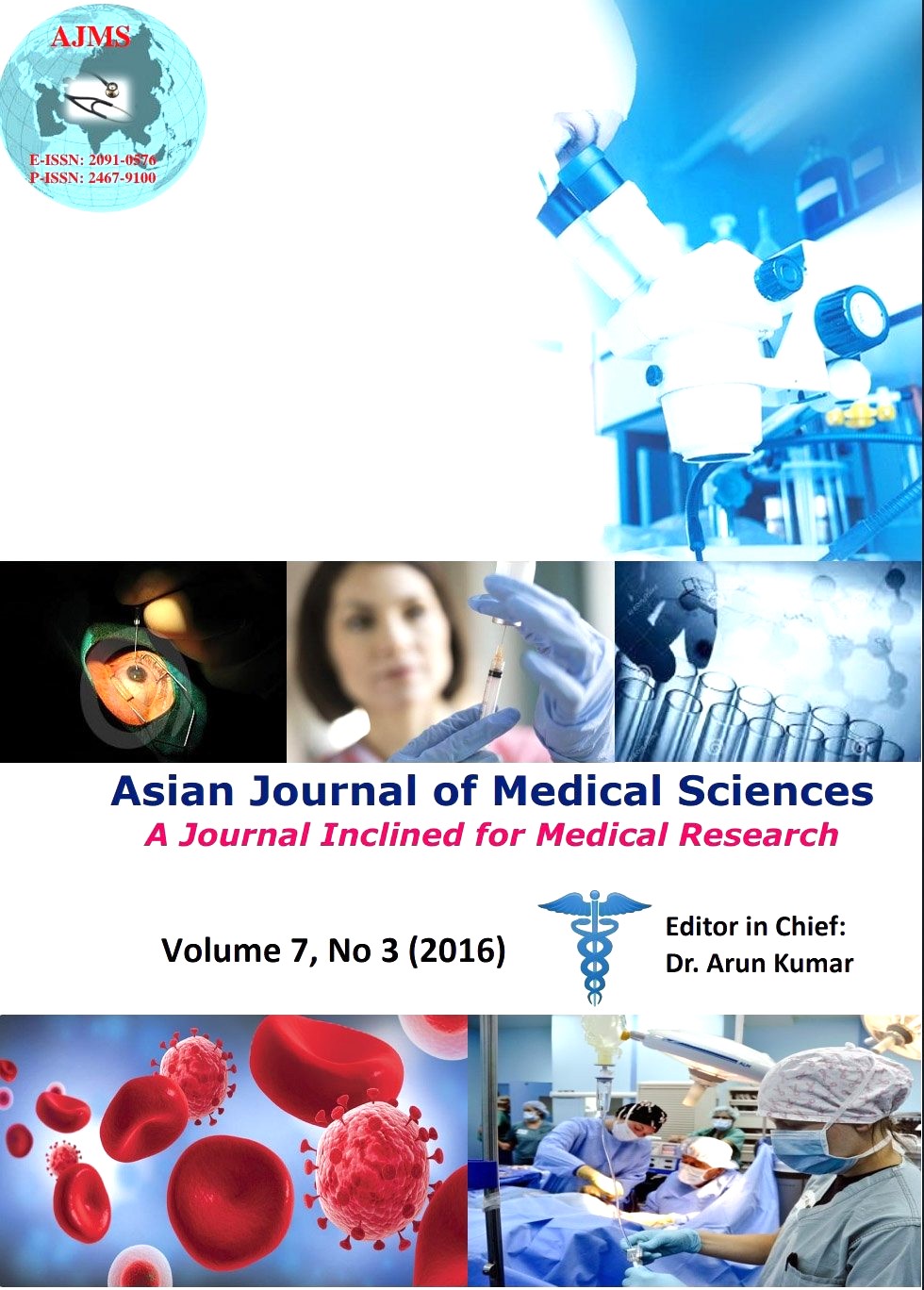Ekbom syndrome, an evidence based review of literature
Keywords:
Delusional parasitosis, Ekbom, Morgellons, Matchbox sign, Specimen signAbstract
Delusional Parasitosis (DP) is a Psychocutaneous disorder that was 1st described in the late 17th century in France. The etiology is neuro-chemical. The classic “matchbox” and “specimen” signs are characteristic. Management is via a multidisciplinary approach. This review paper is based on detailed systematic review of literature via an up-to-date evidence based approach. This paper reviews: Historical facts, epidemiology, pathogenesis, clinical features, subtypes, associated diseases, psychosocial impact, economic considerations and management. An exhaustive search strategy was utilized across five medical literature databases led by 62 pre-specified keywords, followed by database-specific filters’ application to scrutinize the hierarchy of literature, from systematic reviews and randomized controlled trials to medical papers with weak evidence. Forty references were utilized to extract the most relevant data. This review article is level II-3 (level of evidence); it will enable the researcher to obtain a perspective of DP, upon which an original research can be developed.
Asian Journal of Medical Sciences Vol. 7(3) 2016 1-8
Downloads
Downloads
Published
How to Cite
Issue
Section
License
Authors who publish with this journal agree to the following terms:
- The journal holds copyright and publishes the work under a Creative Commons CC-BY-NC license that permits use, distribution and reprduction in any medium, provided the original work is properly cited and is not used for commercial purposes. The journal should be recognised as the original publisher of this work.
- Authors are able to enter into separate, additional contractual arrangements for the non-exclusive distribution of the journal's published version of the work (e.g., post it to an institutional repository or publish it in a book), with an acknowledgement of its initial publication in this journal.
- Authors are permitted and encouraged to post their work online (e.g., in institutional repositories or on their website) prior to and during the submission process, as it can lead to productive exchanges, as well as earlier and greater citation of published work (See The Effect of Open Access).




